Donald Trump's Scandals: How Multiple Affairs And Sexual Misconduct Accusations Failed To Prevent His Presidency
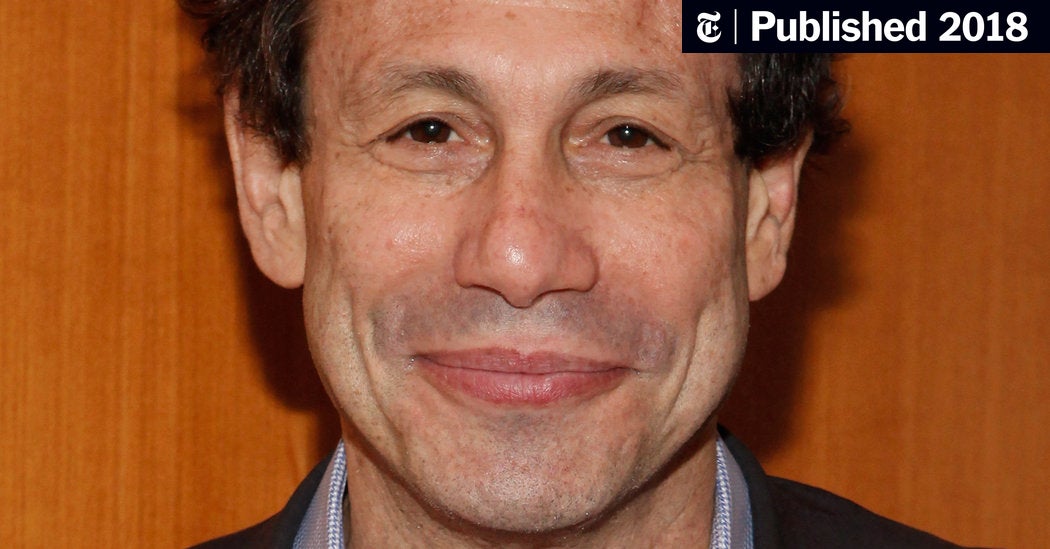
Table of Contents
The Nature and Scope of the Allegations
Multiple Accusations of Sexual Misconduct
Donald Trump faces numerous accusations of sexual misconduct, spanning decades. These allegations range from unwanted touching and verbal harassment to more serious claims of sexual assault. The sheer number and variety of accusations paint a complex picture of alleged behavior.
- E. Jean Carroll: Carroll accused Trump of raping her in the mid-1990s in a Bergdorf Goodman dressing room. This accusation led to a defamation lawsuit which Carroll won.
- Summer Zervos: A former contestant on The Apprentice, Zervos accused Trump of forcibly kissing and groping her during a meeting in 2007. She filed a defamation suit against him but later dropped it.
- Numerous other accusations: Dozens of other women have come forward with allegations of sexual harassment, assault, or unwanted advances from Trump, often detailing inappropriate comments or physical contact. These allegations vary widely in their specifics but collectively contribute to a pattern of alleged misconduct.
These "sexual assault allegations" and "harassment claims," along with other accusations of "Trump's misconduct," paint a picture that significantly challenges his public image.
Extramarital Affairs and Relationships
Beyond the accusations of sexual misconduct, Trump's personal life has been marked by numerous extramarital affairs and relationships. While these instances of "infidelity" and "extramarital affairs" don't carry the same legal weight as the sexual misconduct allegations, they contributed to a broader perception of his character.
- Marla Maples: Trump's affair with Maples, while he was married to Ivana Trump, was widely publicized, fueling media narratives about his personal conduct.
- Other relationships: Several other alleged relationships have been reported throughout the years, further contributing to a pattern of behavior that some viewed as ethically questionable.
While the details of these "Trump's personal life" aspects vary, their public nature arguably played a role in shaping how voters perceived his character. However, this did not ultimately prevent his rise to power.
The Media's Role in Covering the Scandals
Selective Coverage and the "Trump Effect"
The media's coverage of Donald Trump's scandals has been complex and often debated. While some outlets consistently reported on the accusations, others faced criticism for what some perceived as selective coverage or a lack of sustained focus. The phenomenon of "Trump fatigue," which describes the public's potential exhaustion with the constant stream of negative news surrounding Trump, might have contributed to diminished impact of these reports.
- Early coverage: Initial reports on some allegations gained traction but often faded from the headlines relatively quickly.
- Varying approaches: Different news organizations adopted contrasting approaches, ranging from in-depth investigations to more cursory reporting, impacting the overall public awareness.
This inconsistent "Trump coverage" and the impact of "media bias," both real and perceived, raises important questions about the media's role in shaping public opinion.
The Power of the Internet and Social Media
The internet and social media played a significant role in disseminating information—and misinformation—related to Trump's scandals. Social media platforms became battlegrounds for competing narratives, with supporters and detractors engaging in passionate debates. Echo chambers and online polarization further complicated the dissemination of factual information.
- Rapid dissemination: Social media facilitated rapid and widespread dissemination of news and opinions about the allegations, bypassing traditional media gatekeepers.
- Counter-narratives: Pro-Trump voices actively pushed back against negative coverage, often employing strategies to discredit accusers and downplay the severity of the allegations.
The "social media impact" and "online discourse" surrounding "Donald Trump's scandals" highlight the complexities of information flow in the "digital age."
The Political Landscape and Trump's Supporters
The Role of Partisan Politics
Partisan loyalty played a significant role in shaping public reaction to the scandals. Many of Trump's supporters remained steadfast in their support, often viewing the allegations as politically motivated attacks or simply dismissing them as irrelevant. This illustrates the power of "political polarization" and "partisan loyalty" in influencing voters' perceptions.
- Supporter loyalty: The unwavering support from Trump's base demonstrated the effectiveness of his messaging and the strength of partisan allegiance.
- Opposition response: Conversely, the opposing party often used the scandals as ammunition against Trump, reinforcing existing partisan divisions.
The "Culture Wars" and Moral Relativism
The scandals intersected with broader socio-political debates about morality, acceptable behavior, and cultural values. Some argued that Trump's alleged actions reflected a broader decline in public morality, while others countered that such accusations were selectively applied or exaggerated. This highlights the impact of the "culture wars" and the role of "moral relativism" in shaping public opinion.
- Moral standards: The allegations sparked a discussion about the moral standards expected of political leaders.
- Cultural context: The controversies also revealed differing perspectives on masculinity, power dynamics, and acceptable behavior within American culture. The discourse around these events contributed to existing divisions in the "culture wars."
Conclusion
Donald Trump's presidency stands as a case study in the complex interplay of media coverage, political polarization, and public attitudes. While numerous accusations of affairs and sexual misconduct were leveled against him, several factors contributed to their failure to derail his political ambitions. These include partisan loyalty among his supporters, the strategic use of social media to counter negative narratives, and arguably inconsistent or ultimately ineffective media coverage. Understanding the full scope of Donald Trump's scandals is crucial for understanding his presidency. Further research into these issues, including exploring reputable news archives and academic analyses, will help illuminate the complexities of modern political discourse.

Featured Posts
-
 Tom Cruises Dating History Examining His High Profile Romances
May 17, 2025
Tom Cruises Dating History Examining His High Profile Romances
May 17, 2025 -
 Josh Cavallos Post Coming Out Success Inspiration And Impact
May 17, 2025
Josh Cavallos Post Coming Out Success Inspiration And Impact
May 17, 2025 -
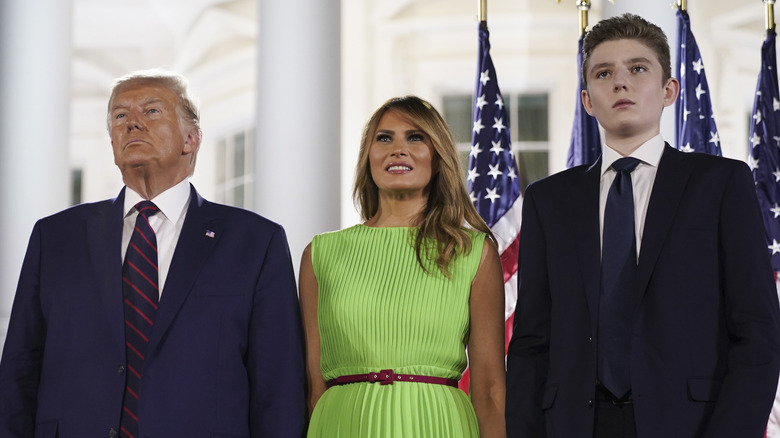 Donald And Melania Trump Separated Or Still Together
May 17, 2025
Donald And Melania Trump Separated Or Still Together
May 17, 2025 -
 Josh Hart Injury Report Playing Status For Knicks Vs Celtics February 23rd
May 17, 2025
Josh Hart Injury Report Playing Status For Knicks Vs Celtics February 23rd
May 17, 2025 -
 Is Uber Stock Uber A Buy Sell Or Hold
May 17, 2025
Is Uber Stock Uber A Buy Sell Or Hold
May 17, 2025
Latest Posts
-
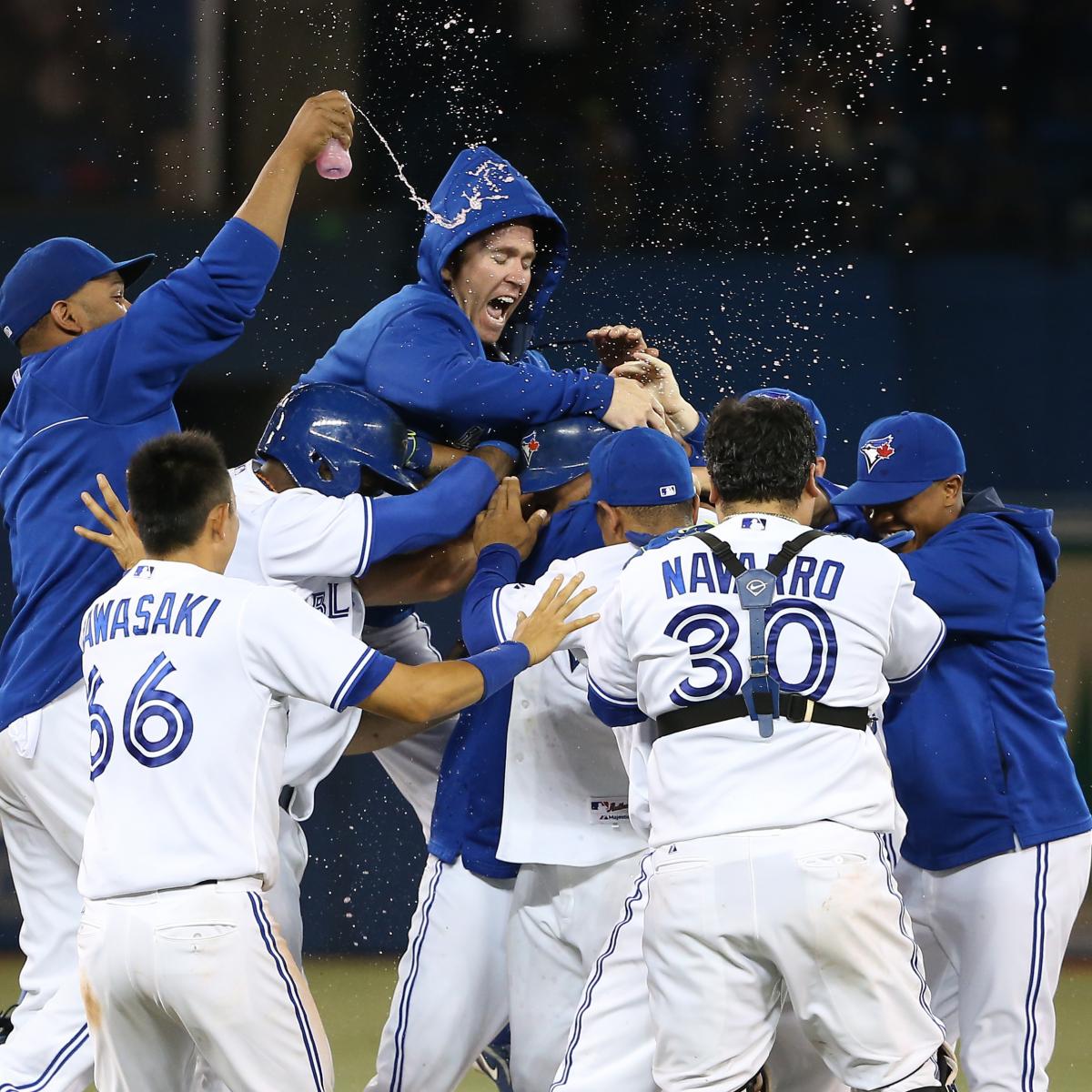 Tracy Morgan Latest News Rumors And Updates
May 17, 2025
Tracy Morgan Latest News Rumors And Updates
May 17, 2025 -
 Knicks Pistons Rivalry The Cade Cunningham Factor
May 17, 2025
Knicks Pistons Rivalry The Cade Cunningham Factor
May 17, 2025 -
 Watch Ny Knicks Vs Brooklyn Nets Live Stream April 13 2025 Game Time Tv Channel And Online Options
May 17, 2025
Watch Ny Knicks Vs Brooklyn Nets Live Stream April 13 2025 Game Time Tv Channel And Online Options
May 17, 2025 -
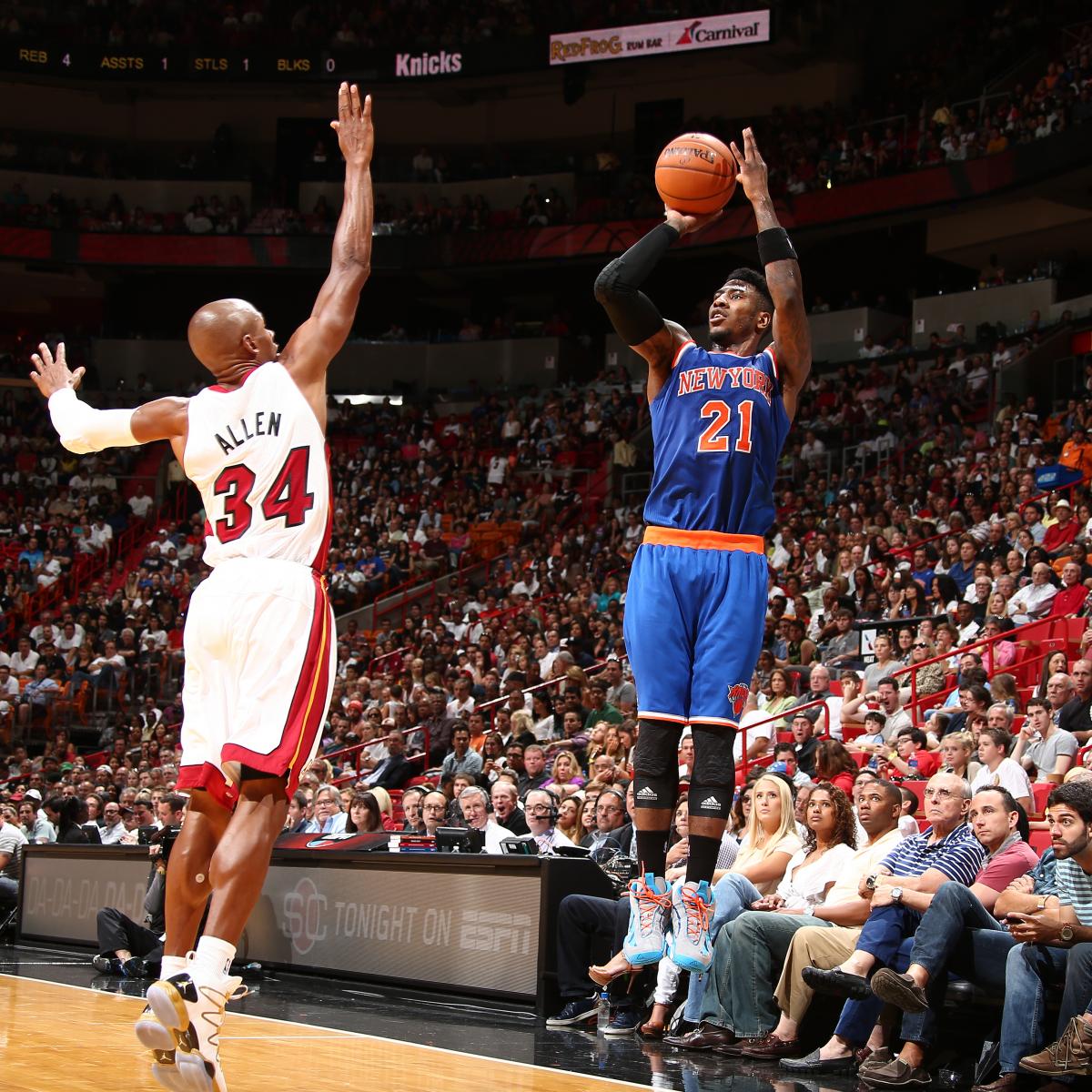 Nba Game Live Knicks Vs Trail Blazers Score 77 77 03 13 2025
May 17, 2025
Nba Game Live Knicks Vs Trail Blazers Score 77 77 03 13 2025
May 17, 2025 -
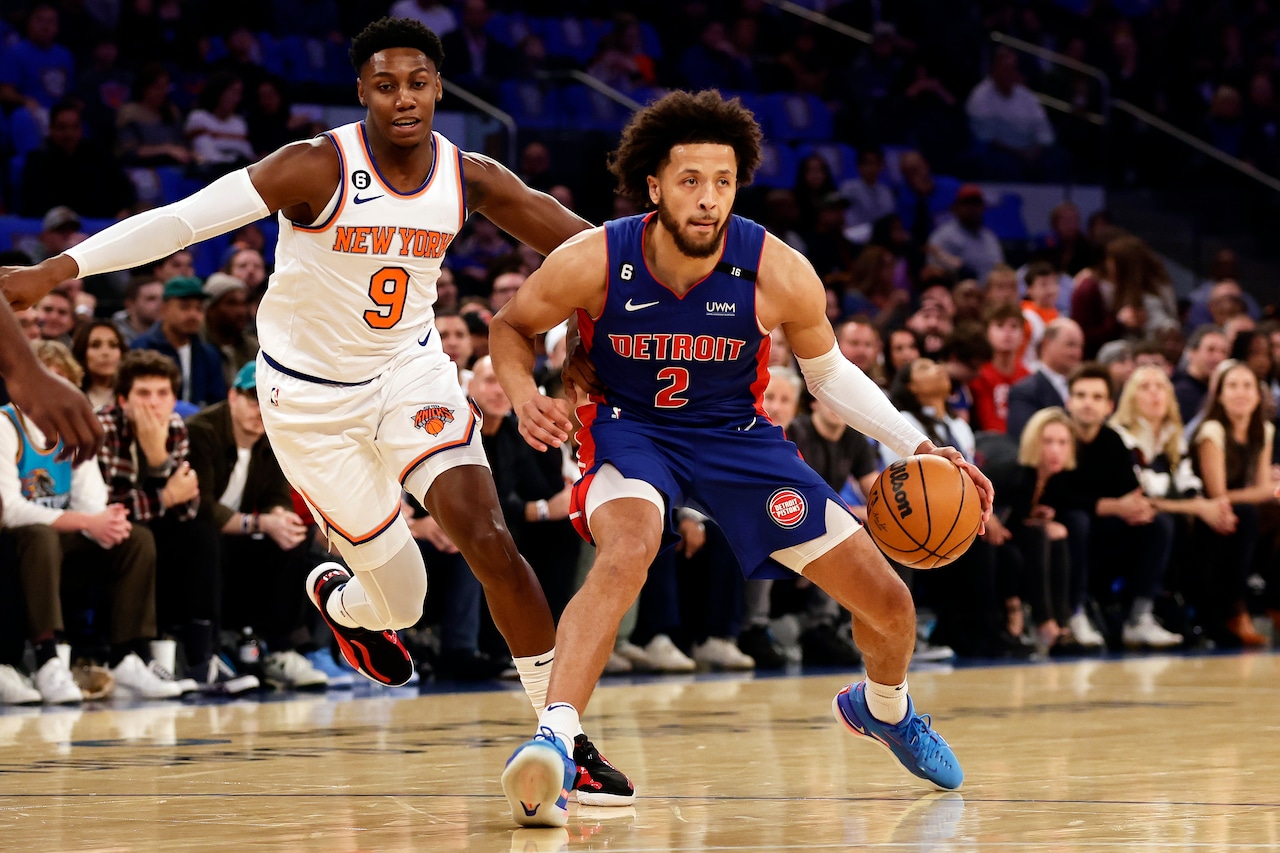 Cade Cunninghams Impact Why The Knicks Fear The Pistons
May 17, 2025
Cade Cunninghams Impact Why The Knicks Fear The Pistons
May 17, 2025
